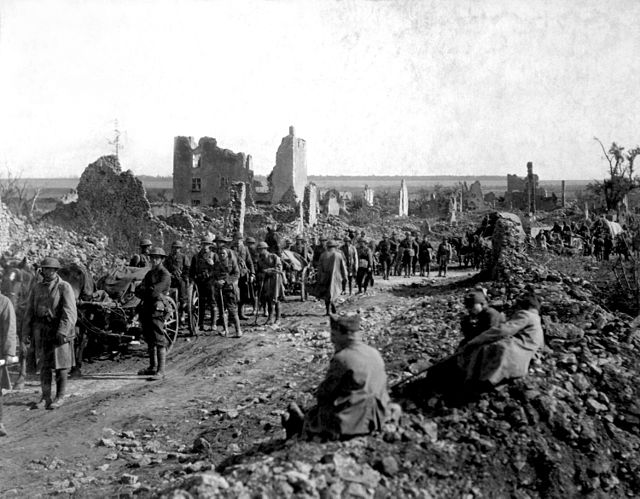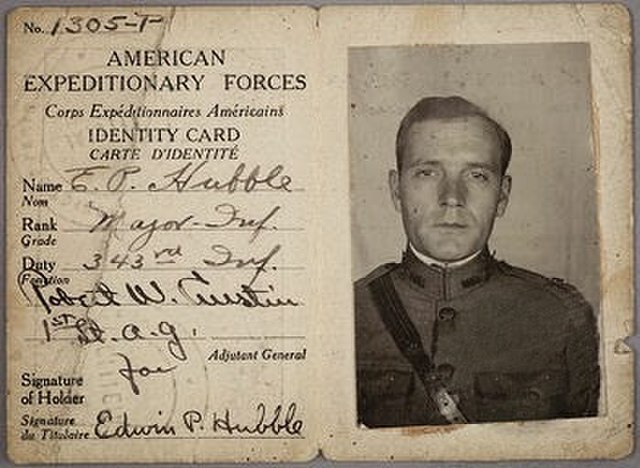The Meuse–Argonne offensive was a major part of the final Allied offensive of World War I that stretched along the entire Western Front. It was fought from September 26, 1918, until the Armistice of November 11, 1918, a total of 47 days. The Meuse–Argonne offensive was the largest in United States military history, involving 1.2 million French, Siamese, and American soldiers. It is also the deadliest campaign in the history of the United States Army, resulting in over 350,000 casualties, including 28,000 German lives, 26,277 American lives and an unknown number of French lives. American losses were worsened by the inexperience of many of the troops, the tactics used during the early phases of the operation and the widespread onset of the global influenza outbreak called the "Spanish flu."
German soldiers drawing water
General John J. Pershing, Commander-in-Chief of the American Expeditionary Forces (AEF).
Lieutenant General Hunter Liggett, commanding the U.S. First Army.
U.S. Marines during the offensive
American Expeditionary Forces
The American Expeditionary Forces (AEF) was a formation of the United States Armed Forces on the Western Front during World War I, comprised mostly of units from the U.S. Army. The AEF was established on July 5, 1917, in France under the command of then-Major General John J. Pershing. It fought alongside French Army, British Army, Canadian Army, British Indian Army, New Zealand Army and Australian Army units against the Imperial German Army. A small number of AEF troops also fought alongside Italian Army units in 1918 against the Austro-Hungarian Army. The AEF helped the French Army on the Western Front during the Aisne Offensive in the summer of 1918, and fought its major actions in the Battle of Saint-Mihiel and the Meuse-Argonne Offensive in the latter part of 1918.
American Expeditionary Forces Commander in Chief, General John J. Pershing in 1917.
Column of American troops passing Buckingham Palace, London, 1917.
Men of the 18th Machine Gun Battalion passing through St. Baussant in advance upon St. Mihiel, September 13, 1918.
AEF officer's identity card belonging to Edwin Hubble, 1918







